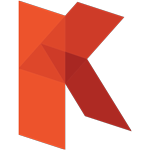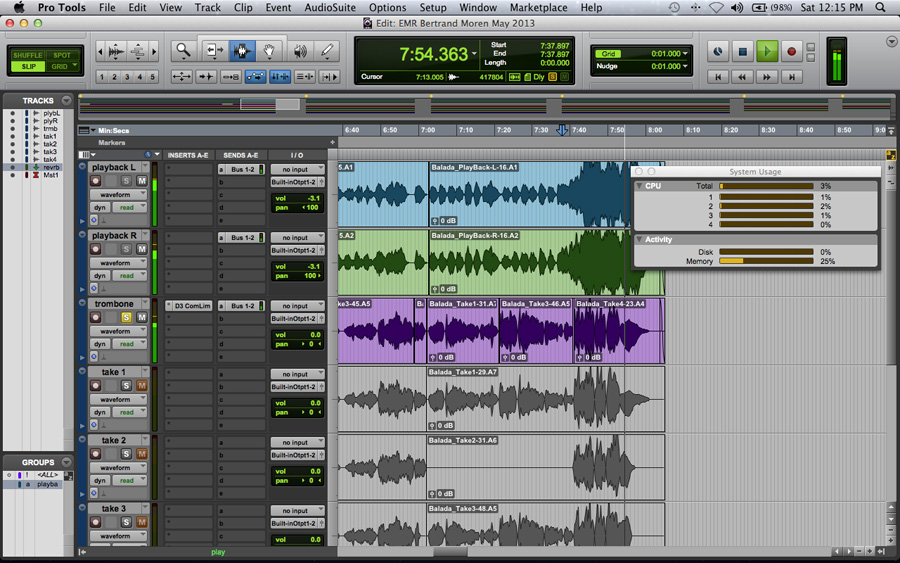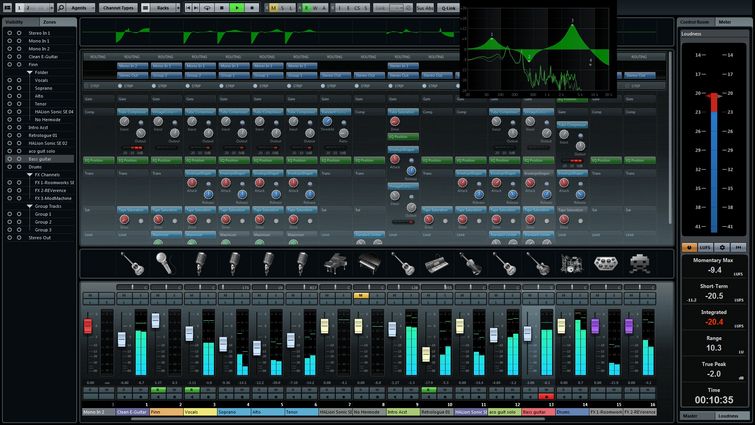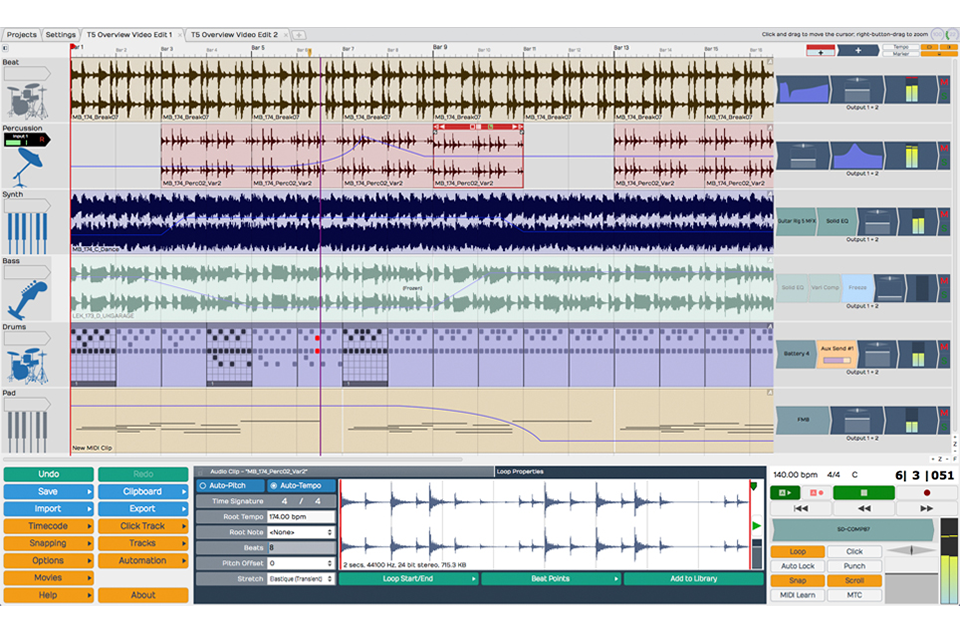We get this a lot from new customers:
I bought your software, and you guys sent me a license file (AmplifikationOne.kuassa). But when I click the file, nothing happens.
I cannot get it to install, and on closer inspection you need additional software to enable it to work. I want my money back!
We’ve made sure to include a disclaimer in the ‘Requirements‘ section of our product pages on the matter of plugins and hosting. Unfortunately, it would seem some customers are buying without first demoing (or reading the product description, for that matter). Of course, they’re in for a nasty surprise when the software they bought doesn’t run out of the box. In an age where everything supposedly “just works”, I can’t say that I blame them. Regardless, informing newer customers regarding the wide world of “VST/AU compatible hosts” is part of our duty as developers.
Assuming the customer is willing to dive into the rabbit hole of computer music-making, the next question is typically “How do I correctly plug my guitar into a computer?” and “What plugin host would you recommend?“. The former has to do with external audio interfaces, input impedance, etc., whereas the latter has to do with Digital Audio Workstations, or DAWs for short.
Frankly, what DAW you choose nowadays is much more a matter of preference and workflow than feature set or “sound quality” difference. Many DAWs first started out as specialized tools tailored to specific users (EDM producers, sound designers, DJs, Mix Engineers, Remix Artists, Composers, etc). With the blurring of lines between musician and engineering/producing roles in the digital age, or simply because they could, the various DAWs began to expand in features to accommodate wider audiences. Any contemporary DAW will be perfectly capable of handling the task of hosting plugins, recording and mixing sessions, MIDI editing, etc. This is not to say there are no differences, just that these differences tend to matter only to professionals or hardcore users. What we’re trying to say is that what follows is entirely subjective.
In the office, we each have our own setup based on different needs and musical backgrounds, so it seemed like a good idea to write a post to elaborate upon our DAW of choice. We each have our own favorites: As a professional mix engineer, Adhit works with the tools he has, but given the choice sticks with Protools or Cubase. Grahadea’s first track in junior high, was made using Rebirth-338 (Propellerhead’s first software), and now he regularly switches between Reason 7 and Ableton Live 7 for all his work. Tama and Bram are avid Reaper fans, as is Cil. Arie stands by Tracktion. What follows is a breakdown of (what we feel are) the various pros and cons of some of the more popular DAWs.
Please note:
Pros
Cons
Neutral. Some may consider it as a plus, might be a dealbreaker for others.
1. Avid Pro-Tools:
- Considered by many to be the top industry standard. You can expect to find this DAW in most large studios. As project files are (usually) incompatible between DAWs, learning Pro Tools is convenient when you need to work across many large studios.
- Strict workflow, methodological, which for us is a . If you want to do this, you need to to do that, etc
- Powerful, customizable, complete set of keyboard shortcut, useful for faster workflow
- Easier transition from hardware console
- Not really for music production using virtual instruments, the MIDI features aren’t as extensive as the competitors
- Geared more towards audio editing and effects: Recording, mixing, editing, etc
- High CPU usage, expensive. While the current ver.11 are said to perform better
- Closed plugin environment. Can only host RTAS and AAX plugins. On the other hand, this is supposed to improve stability.
Price: $700
Website: http://www.avid.com/US/products/pro-tools-software
2. Steinberg Cubase:
- The original Virtual Studio Technology (VST) host. Mature and relatively stable platform.
- Suitable for any of you who are more into composing music
- Well rounded, complete music production suite (MIDI, audio, notation) while can be overwhelming for some people
- (Relatively) Easy for newbies to start, all options and deeper preferences are all laid out on the top bar.
- One of the most extensive for MIDI sequencing and editing
- Major improvements on every major version upgrade
- Requires a dongle
Price: $ 500
Website: http://www.steinberg.net/en/products/cubase/
3. Tracktion:
- Single screen
- Newbie friendly, while powerful enough for professional use
- Overall visual looks (subjectively) less professional compared with other DAWs
- Built-in effects rather unconvincing, although some are good
- Drag and drop feature
- Edit multiple projects at once via tabbed browser
- Cheap
- Intuitive MIDI editing capabilities
Price: $ 60
Website: http://www.tracktion.com/
4. Propellerhead Reason:
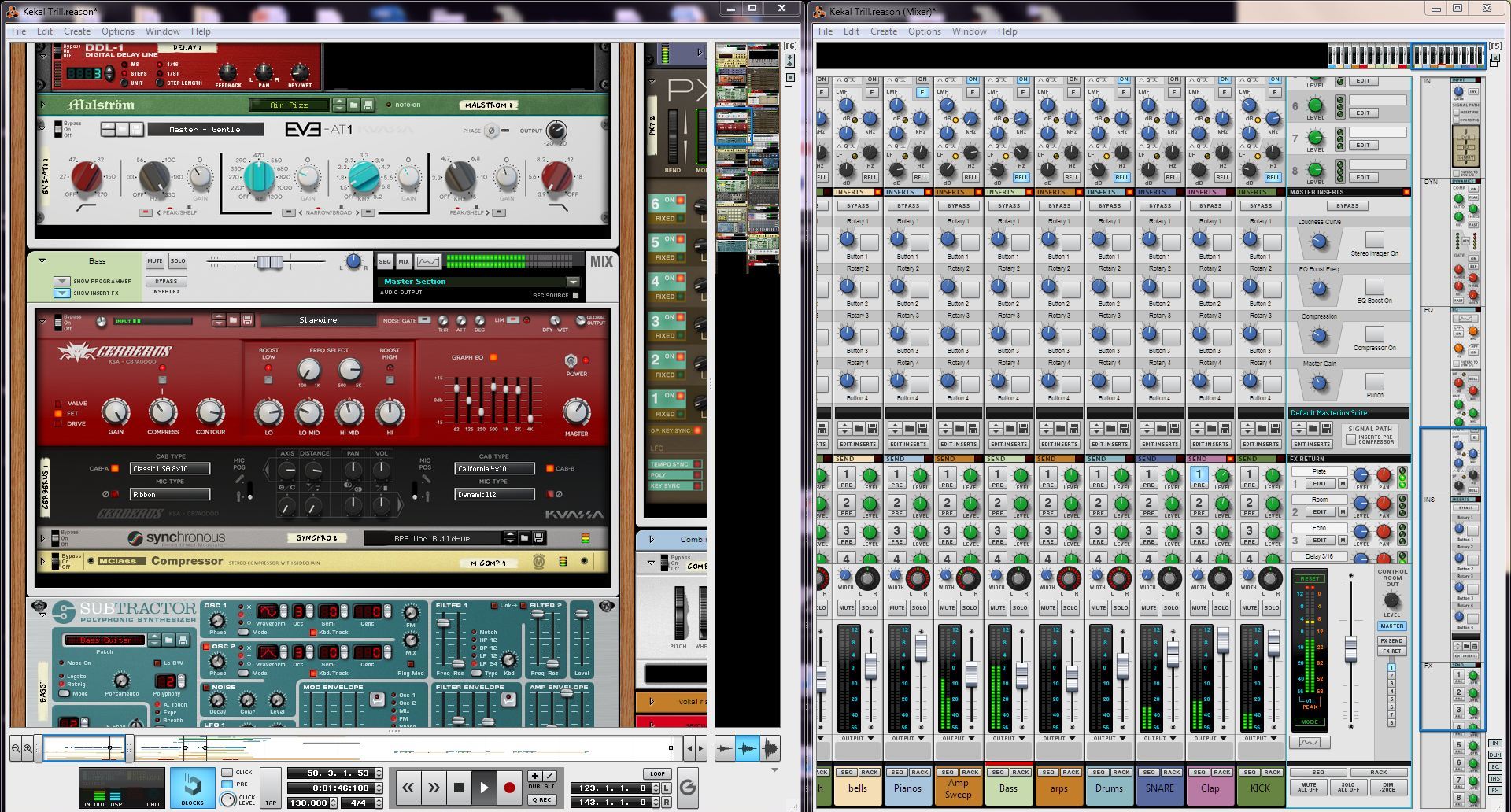
Propellerhead Reason 7. Previously known as a self-contained software for electronic music, Reason grows into a more complete DAW aimed to other musician segment as well.
- Fluid, unique workflow, if you are used to hardware modules and effects for electronic music (i.e. Grooveboxes, x0x boxes, Akai MPCs, Korg Electribes, etc) you will feel at home straight away
- One of a kind slick visual interface, encourages creative routing
- On the other hand, not too straightforward for mix engineers, but better now with the addition of audio capabilities and modeled SSL mixer.
- Press ‘tab‘ to “turn” the interface and route the cables (CVs and Audios) as desired.
- Packed with extensive instruments to immediately create your first track
- 3rd party Rack Extension “plug-in” support since version 6.5. However, the self-contained nature of rack extensions means fewer choices
- Inferior audio editing capability
Price: $ 399.00
Website: https://propellerheads.se/
5. Ableton Live:
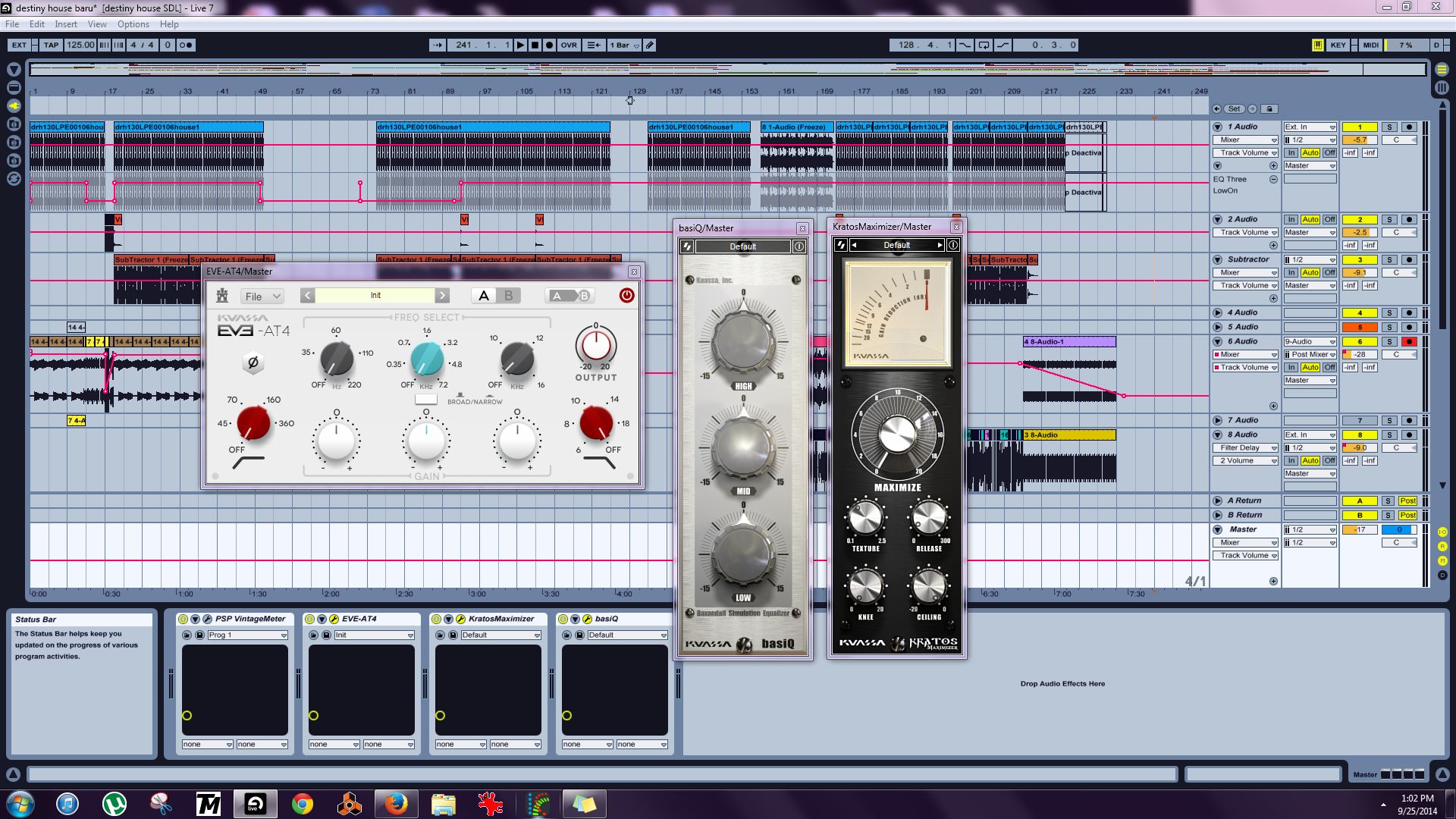
Ableton Live 7. With a strong positioning towards live performance and DJ, Ableton Live differentiate themself with other competing DAWs on the market.
- One of a kind non-linear “Session View” method, perfect for live mash-ups or creating remixes on the fly. Regular linear “arrangement” view for composing is also available via a [Tab] button.
- Cutting edge visuals, designed for readability in live situations
- Intuitive workflow for fast (samples) work, and supported by many controllers/clip launchers for live situation
- A bit confusing for DAW veterans migrating from other DAWs
- Clunky piano roll
- It’s funny while Live have a cool warping feature, but don’t seemed to guess/auto-detect BPM correctly
- Extensive hardware controller support, perfect for you who hates starring at the computer screen while performing live
- Max for Live is the experimentalist’s best friend
- Audio to MIDI feature starting from the current version 9. Very inspiring
Price: $ 449
Website: https://www.ableton.com
6. Cockos Reaper
- Powerful while being lightweight and possesses a small space footprint. With an only 8-13 megabytes installer, ideal if portability is of concern. Convenient for working across studios and sessions.
- Admirable business model. Well known for it’s non-expiring demo usage, nearly no copy protection. Great choice for casual users who need to decide longer before making a purchase
- Very customizable visual UI while the default UI is a bit too generic, uninspiring
- Flexible, extensive routing options
- Frequent updates, active user community
- MIDI capabilities are inferior compared to some others
Price: $ 60
Website: http://www.reaper.fm/

